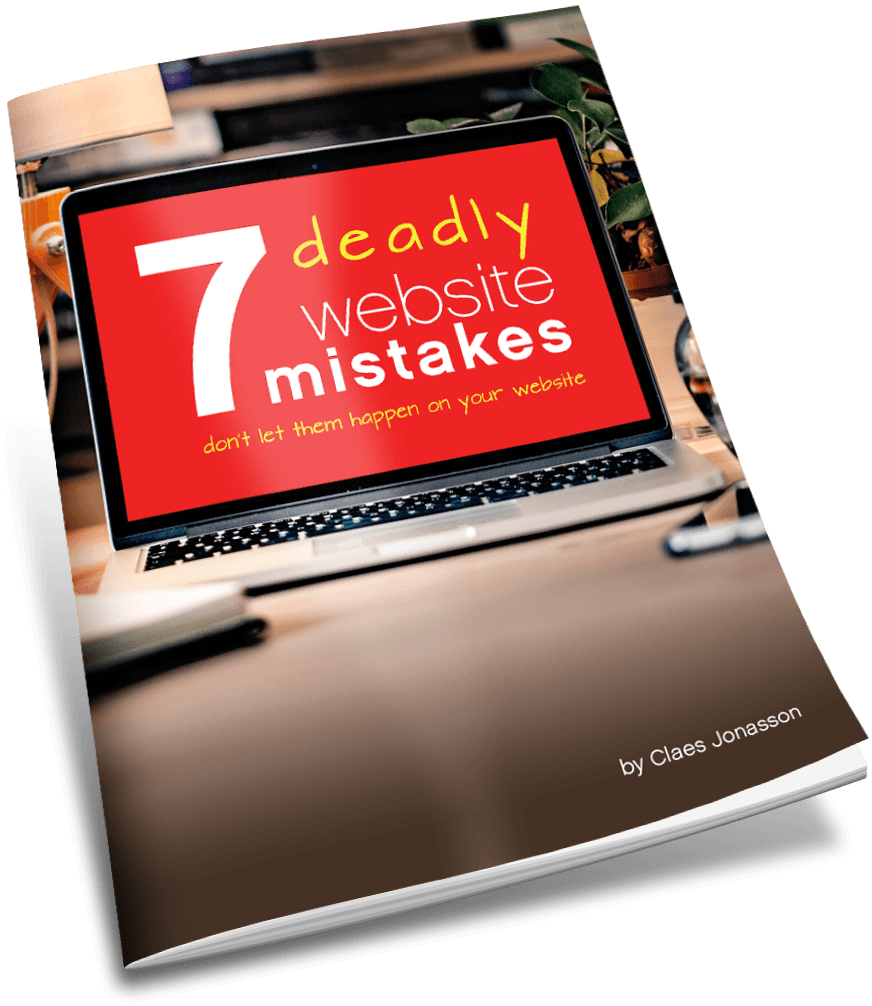6 ways stories help build your business
Once upon a time… It was a dark and stormy night… It was the best of times, it was the worst of times…
The beginnings of stories. That stick with us. As in, we remember them, or at least key parts, for a long time.
So the big question really is: Are you making use of the power of storytelling in your business or organization?
Here are 6 reasons why stories matter, in life and in business:
We are prewired to engage with stories
Throughout history, storytelling has been the way to communicate truth, principles, concepts, facts of life. It’s a key activity that sets us apart from other living beings: We grow our understanding of the world by learning from other people’s stories. I can learn key concepts today from a story that was first told 2,000 years ago. I’m not limited to only knowing what I directly experience or observe.
Stories are memorable, so we retain them longer
Unless you’re a memorization expert, try looking at a list of 10 benefits of the ACME Widget2500 and then see if you recall any of them a few days later.
On the other hand, listen to a short story of how Joe used the ACME Widget2500 to solve a pesky problem that had been troubling him for a long time and you might recall that story for a long time.
Case in point: If you watched TV in the 70s/80s, you probably still recall “handpicked by Juan Valdez” from coffee commercials? (Watch one here) I know I do, and I don’t even drink coffee.
Stories engage our minds to fill in missing parts
There’s an urban legend of a short story that Hemingway wrote. Just one sentence:
For sale, Baby shoes, Never worn.
You might say that sounds a lot like a classified ad — not a story. And it could be.
But when it’s presented as a story, we immediately start filling in the missing pieces: Who is telling the story? What happened to the baby that was supposed to wear those shoes and then didn’t? Why are they being sold? Flesh it out and we might have enough to fill an entire novel or movie.
That engagement comes naturally to us and we do it without really thinking about it. With every story we read. As we do fill in missing parts, we connect at a much deeper level than if we just read some stats about a product or a list of features. Deeper engagement means better retention and connection.
Stories enable us to hear things we otherwise might not listen to
Because of the structure of a story and how we are wired to engage with stories, we’re more likely to listen to information presented that way than we otherwise would.
Have you ever dealt with compliance training? It’s usually seen as a pain to be endured. Attendees make it no secret that they are there only because they have to be there.
A company called MetaMythic set out to change that. They approach compliance training through the use of story. Not only do they teach the dry, boring stuff in the form of an engaging story, but they let the employees (those unwilling attendees) become active participants in the story. Now everyone is engaged. And learning.
Stories can paint a picture of the future that changes what we do today
Future-focused stories can transport us into a future situation where we see how today’s actions (or inactions) played out and the difference it all made.
All in a way that a list of projections or goals will never do. Because a story can paint a vivid picture that makes us feel like we’re there.
Stories include people, making them relatable
As humans, we need and want relationships. We get emotionally invested in characters in books and movies. We see ourselves in them and so want to hear more about them. If we connect strongly enough, we want to emulate them. Again, something that a list of product features is not going to do for any of us.
That’s 6 ways stories can help your business. But only if you (or I) use them.
Maybe we’re afraid to take the time and effort. Or think that we’re not really good at this story-telling-thing.
Consider the benefits though: People actually interested in hearing about your business and products/services. People seeing themselves as benefitting from what you offer. Because you put them in the middle of the story.
That’s definitely worth exploring. Start small. Think back to how you got started.
What motivated you? What were the circumstances? Why did you make the change? How did life change for you? For your first clients? There’s a story in those answers. Once you start finding it, you’re not likely to stop telling it.
That’s another reason why stories are so powerful: They’re contagious. Having heard one, we want to hear more.
Never miss out!
Get an email update every time I publish new content. Be the first to know!

